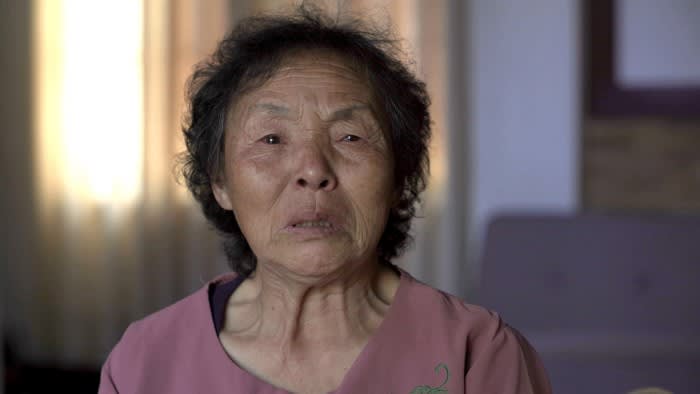
Stay informed with free updates
Simply sign up to the Film myFT Digest — delivered directly to your inbox.
Nothing is a recreation in Beyond Utopia. Instead, every image in this stark and urgent documentary is real, often gathered in mortal danger. The threat radiates from the rural landscape that director Madeleine Gavin presents us with in the film’s first moments. Down the centre of the screen is the Yalu River, marking the border between China and North Korea. On the Chinese side, the Changbai mountains stand ringed with barbed wire. In North Korea, border guards are incentivised with extra pay to shoot dead would-be defectors.
And yet people do escape the barbarism of Kim Jong Un — a fact the film celebrates even while it mourns their need to do so.
For all the peril of that border crossing, it is not the most hazardous point in leaving North Korea. That much is only the film’s first revelation, centred in part on Kim Seongeun, a Christian pastor based in Seoul who maintains an underground railroad for refugees. For them, no safe haven awaits in China — given the ties between the countries. Nor in Vietnam or Laos, which the film paints as complicit too. Defectors must instead reach Thailand: a long, fraught odyssey through jungle and over water which the film relays in astonishing, first-person images filmed during the escape of a North Korean family, the Rohs.
What could feel voyeuristic never does. Gavin also has to manage the knot of irony at the heart of the film: the prison state the Rohs are fleeing is still the subject of our grim curiosity. The balancing act is deft. A regime that revels in its foul reputation internationally is not allowed to steal focus from the defectors. Yet the film also brims with startling insights into the North Korean state. Brutal repression is expressed at once in concentration camps and rehearsals for the Mass Games, the public spectacle that once passed for kitsch when trips to Pyongyang were voguish with daring western tourists.
The two sides of the project come together in the voices of the refugees. The results can be wrenching; perhaps most of all an interview with the Rohs’ elderly grandmother. After decades of indoctrination, she is gnawed by shame even now as she flees that she is letting down Kim Jong Un. “The Great Leader”, she calls him. For all the hope contained in the film, true escape, it suggests, is still heartbreakingly rare.
★★★★★
In UK cinemas now and US cinemas from November 3
